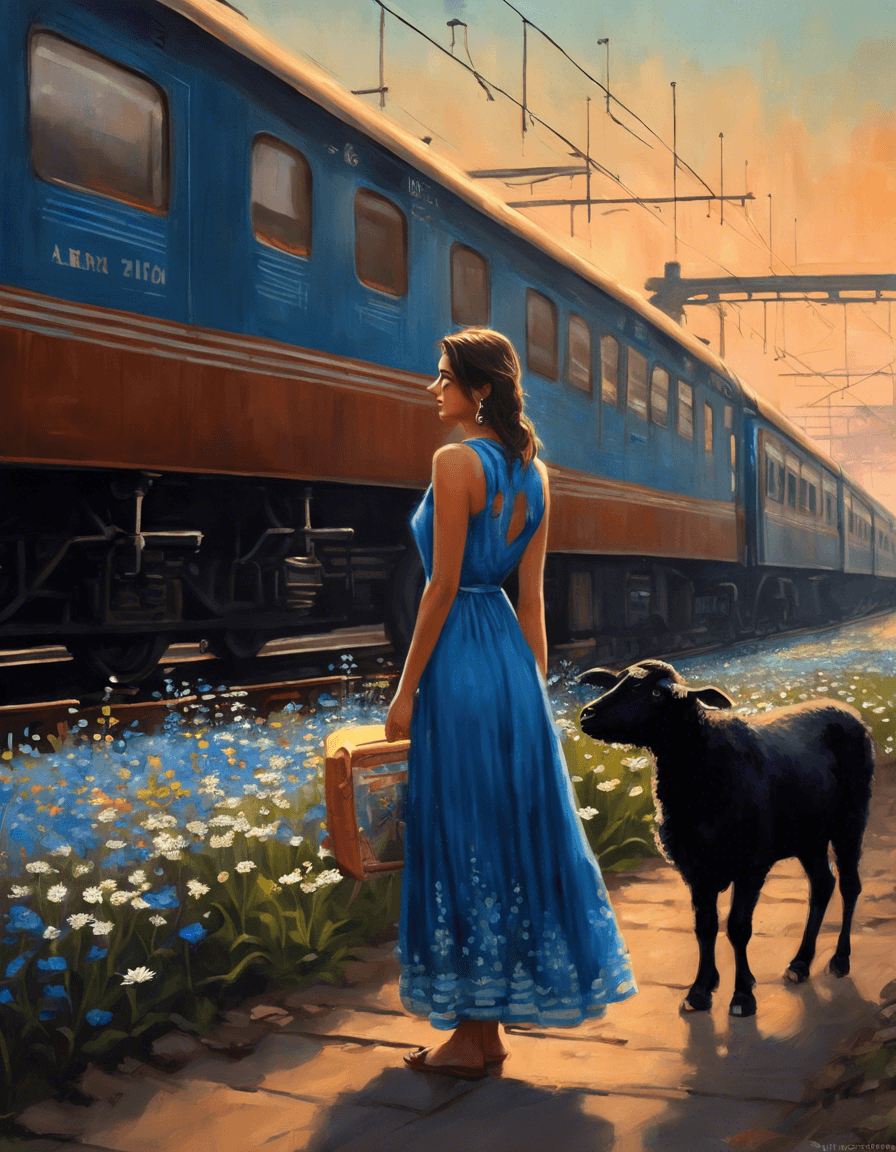1083 Steps to the Girl in a Blue Dress

✦
byDeepali Tiwari
Deepali TiwariDeepali is a research student at the Department of English and Modern European Languages at the University of Allahabad. She is working on the performative aspects of memory in Literary Studies and is interested in Post-Human theories and New Materialism. Her keen sensibility of not belonging anywhere makes her a blahksheep. She identifies as a story collector and can often be caught hunting for herself in other people’s stories.